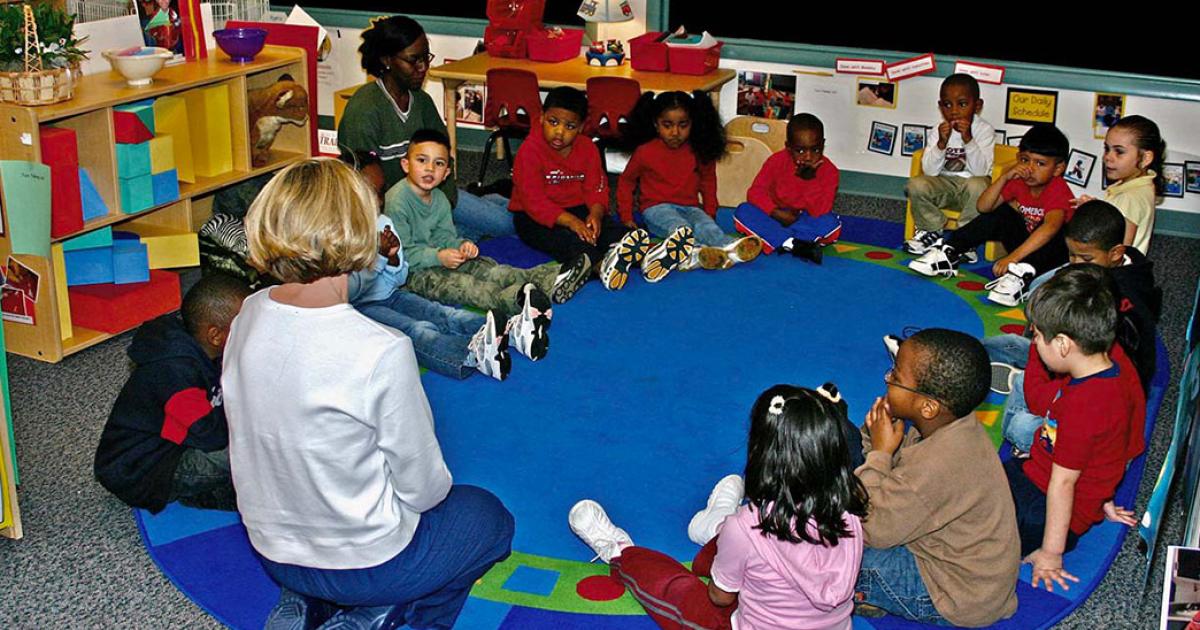I believe the scoring flaw exists within the credit a school gets for improving a student. Improvement is key but lets look at Oxford and Starkville math scores specifically.
Oxford: A School
Math scores 73
Starkville B School
Math 45
Oxford is way better here, but Starkville is getting credit because they moved a **** ton of kids from Level 2 to Level 3. Those improvements don't show up in the raw scores here, but when determining whether a school is A, B. C, etc. they get 150% credit for those kids that they moved up a level. Oxford doesn't have as many opportunities to move kids up from Level 2 to 3 because they have significantly more Level 4 and 5 kids.
Improvement is key and it should be rewarded, but Starkville is scoring like a low C school but getting credit for improvement so they get labeled a B school. Its like we used to do in co-ed flag football when a girl scoring was worth 9 points. We'd exploit it by going out of bounds at the 1 yard line and then letting a girl run it in. Schools are exploiting the improvement metrics to get their letter grade up because that's what the public looks at - they don't look at Oxford having twice the number of students proficient in math, they say Starkville is a B school and thats better than a C school.
The solution is not only a letter grade but a raw score. The raw score will show the improvement metric, but a 70 to a 75 should still be a C, not a B because they improved 10% of their student body.
Oxford: A School
Math scores 73
Starkville B School
Math 45
Oxford is way better here, but Starkville is getting credit because they moved a **** ton of kids from Level 2 to Level 3. Those improvements don't show up in the raw scores here, but when determining whether a school is A, B. C, etc. they get 150% credit for those kids that they moved up a level. Oxford doesn't have as many opportunities to move kids up from Level 2 to 3 because they have significantly more Level 4 and 5 kids.
Improvement is key and it should be rewarded, but Starkville is scoring like a low C school but getting credit for improvement so they get labeled a B school. Its like we used to do in co-ed flag football when a girl scoring was worth 9 points. We'd exploit it by going out of bounds at the 1 yard line and then letting a girl run it in. Schools are exploiting the improvement metrics to get their letter grade up because that's what the public looks at - they don't look at Oxford having twice the number of students proficient in math, they say Starkville is a B school and thats better than a C school.
The solution is not only a letter grade but a raw score. The raw score will show the improvement metric, but a 70 to a 75 should still be a C, not a B because they improved 10% of their student body.
Last edited:

